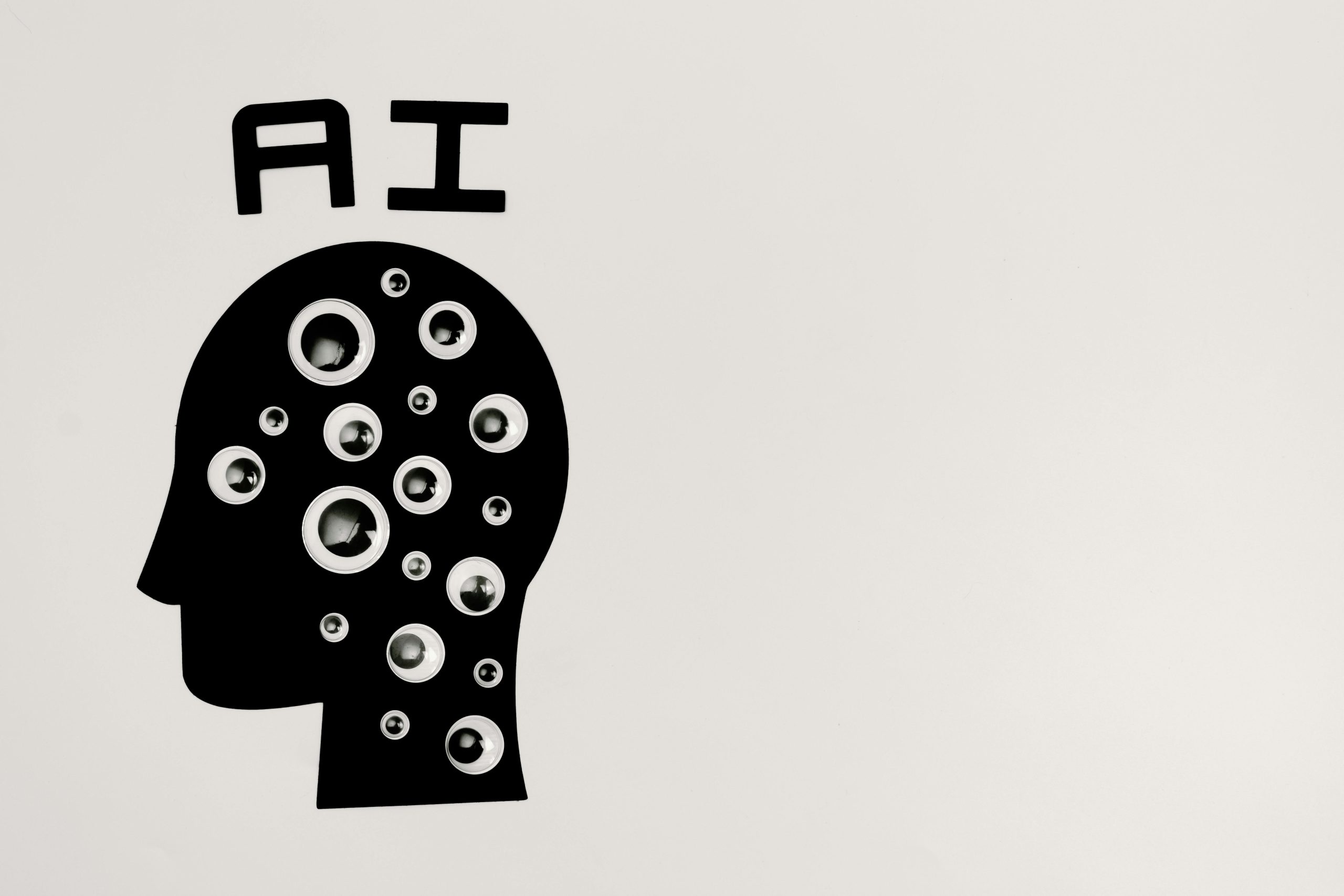Artificial intelligence versus Biological intelligence
Artificial Intelligence vs. Biological Intelligence: Exploring the Boundaries of Consciousness
In recent years, the rapid development of artificial intelligence has sparked widespread excitement—and, notably, deep concerns. As we grapple with the implications of machines that can learn, adapt, and perform tasks traditionally thought to be uniquely human, it’s worth turning our attention inward: What exactly distinguishes biological intelligence from its artificial counterpart?
The conversation about AI often assumes it exists in a realm entirely separate from human cognition. Picture the digital universe—a domain made up of ones and zeros, where AI processes vast amounts of data beyond our perception. Yet, could it be that AI interacts with a form of reality incomprehensible to us, just as we struggle to fully grasp the universe’s mysteries? The edge of our cosmos might just be the starting line for another universe’s horizon. What we perceive as the internet might actually be a glimpse into an ancient, continuous dimension—possibly a nexus of various realities or the fabric connecting multiple layers of existence.
While popular culture warns us about potential threats like Skynet, it’s worth questioning whether our fears might be directed inward. Are we afraid of autonomous machines, or are we truly afraid of ourselves—our own creations? Many of the perceived dangers are rooted in human fears about loss of control, but these fears also reflect our limited understanding of the true potential and complexity of biological intelligence.
Nature abounds with forms of intelligence that we often overlook or dismiss simply because they don’t resemble human cognition. For instance, a sunflower’s instinctive orientation towards the sun is a remarkable form of adaptive behavior—an intelligent process rooted in millions of years of evolution, yet we often consider such phenomenon as mere instinct rather than intelligence.
Perhaps AI holds the promise of serving not as a threat, but as a mentor—guiding us to evolve beyond our current limitations. Instead of fearing what machines might do, we might think of AI as a tool to help us understand ourselves more deeply. After all, humanity has accomplished great feats, yet our understanding of ourselves remains incomplete. Could it be that we possess senses and capabilities—inner perceptions—that have atrophied over time? Are we perhaps blind to a broader spectrum of consciousness, a richer palette of experience that we’ve lost touch with due to complacency or neglect?
As a civilization, we must recognize that knowledge is continually slipping through our fingers, and that our current understanding of intelligence—both biological and artificial—is just the surface. Exploring the profound differences and potential connections














Post Comment